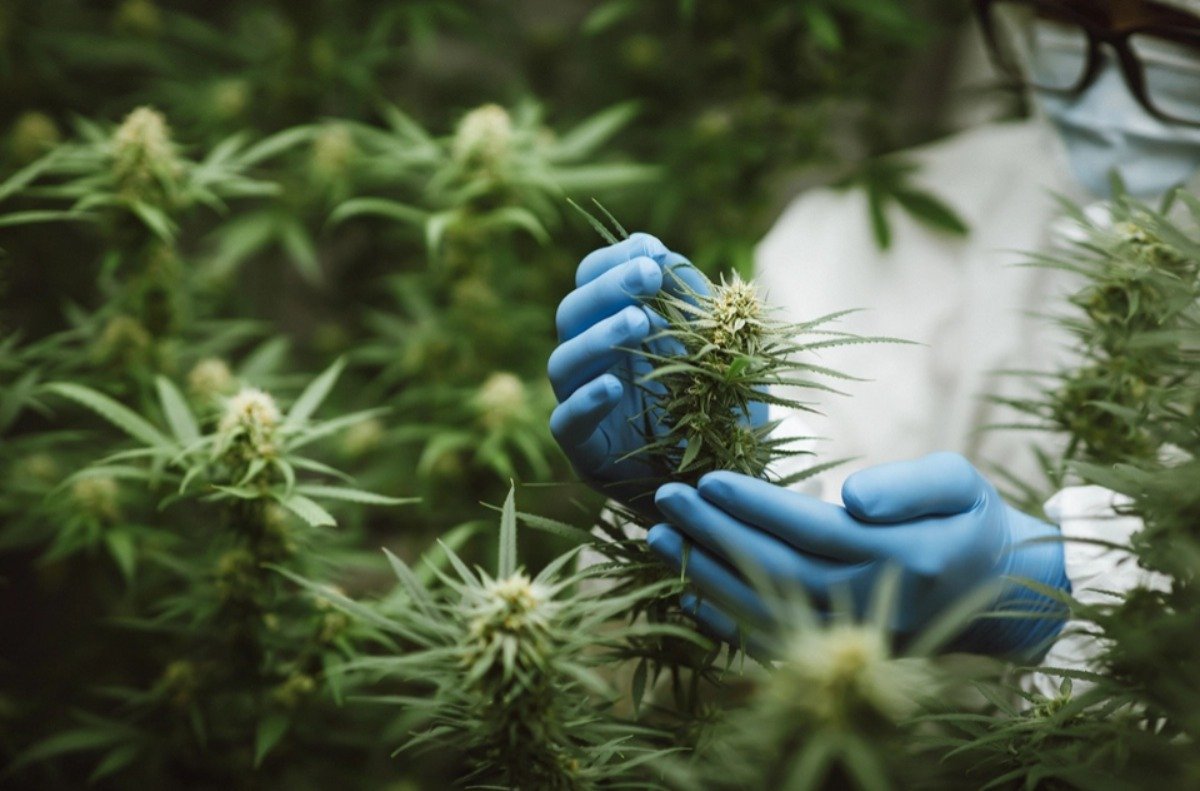Cannabis is usually seen as dangerous. During the recent international conference on GNH and law that was held in Paro, this was one of the main highlights. According to a study titled “Cannabis Policy in Bhutan: Examining Cannabis Regulation through GNH” by Professor Jay Wexler of Boston University School of Law and Sonam Tshering, decriminalizing cannabis might lead to the creation of employment in the cannabis sector and tax income. According to the study, decriminalizing cannabis may lower the nation’s criminal justice expenses. The report emphasized the substantial economic potential of Bhutan’s plentiful cannabis resources. Alcohol usage, not cannabis use, is currently the nation’s leading cause of death. Five cannabis plants, three milliliters of hash oil, or seven grams of hashish are all deemed trafficking under existing cannabis laws.
Among other ailments, cannabis is well known for its ability to lessen multiple sclerosis symptoms, chronic pain, and nausea. Additionally, it could lessen reliance on drugs like alcohol and narcotics. It carries the potential of addiction, impairment, and problems with one’s physical and mental health. Cannabis has been utilized for both personal and medical purposes for thousands of years. But in the 1900s, cannabis became illegal in several nations. In Samtse, a four-acre marijuana plantation is now under development in Chumpathang, which is situated between Norbugang and Ugyentse gewogs. Bhutan Nutraceutical is a private corporation that owns this farm. With cabinet clearance, the farm’s goal is to carry out research and create cannabis products. However, some argue that rural residents ought to be able to take advantage of this economic opportunity and wonder why only a select few are allowed to work in the cannabis industry.

